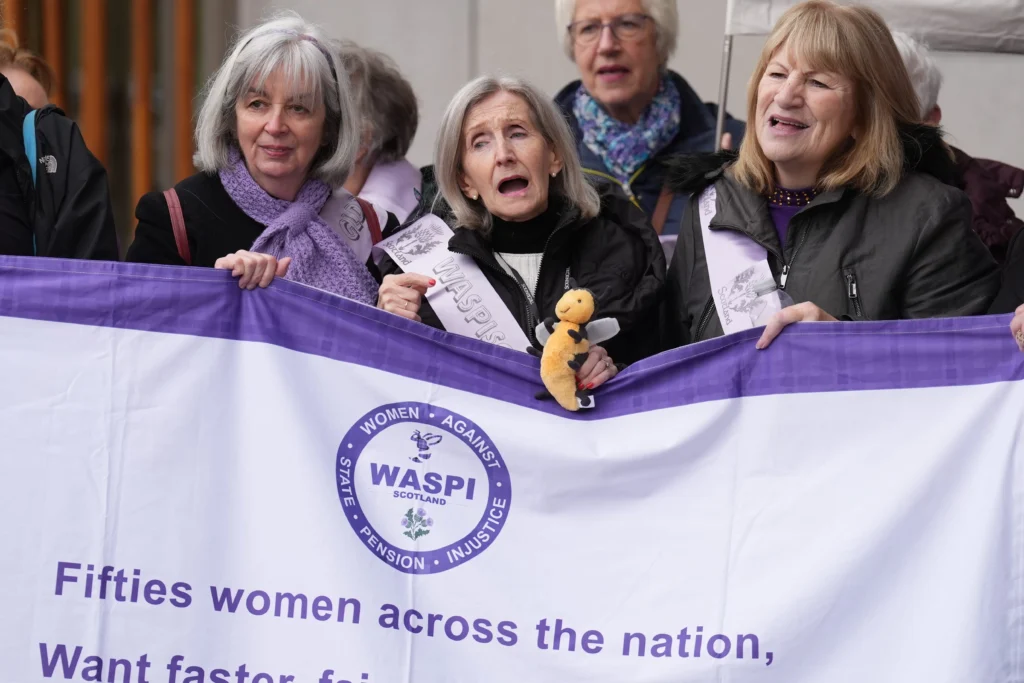WASPI: Fighting for Fairness in State Pension Equality

The Women Against State Pension Inequality (WASPI) campaign advocates for women born in the 1950s, who were unfairly affected by sudden changes to the UK state pension age. Many of these women, having planned their retirement at 60, were left unprepared when the pension age was raised to 65 or later, often with minimal notice. This shift has caused significant financial hardship and emotional distress.
The Issue at Hand
In 1995, the government passed a law to equalise the pension age for men and women. While this move was positive for gender equality, it was poorly communicated to the affected women. Many were unaware of the changes and were given insufficient time to adjust their financial plans. A further acceleration of the timeline in 2011 meant women who expected to retire at 60 suddenly had to wait up to six more years, leaving many facing unexpected gaps in income.
Impact on Women
The consequences have been profound. Women who had already left the workforce or scaled back their hours found themselves without the financial support they were expecting. Many struggled to re-enter the job market or faced health issues that made working longer impossible. For these women, the delay in pension payments caused not only financial strain but significant emotional distress, as they were forced to live with uncertainty and anxiety.
The WASPI Campaign
WASPI was founded to demand fair treatment and compensation for these women. While the campaign does not challenge the idea of equalising the pension age, it criticises the way these changes were implemented, particularly the lack of proper notice. WASPI calls for "fair transitional arrangements" to compensate for the financial and emotional hardships faced by the affected women.
Progress and the Path Ahead
The campaign has made progress, including a ruling by the Parliamentary and Health Service Ombudsman (PHSO) that the government failed to communicate the changes properly. However, the fight for full compensation continues. WASPI remains committed to seeking justice for these women and ensuring that their voices are heard. The movement has become a powerful symbol of resilience, reminding the government that fairness must be at the heart of policy changes that affect people’s lives.
The women impacted by these changes continue to push forward, united in their cause and determined to seek recognition for the injustices they have faced. The WASPI campaign offers both hope and solidarity as they strive for the compensation they deserve.
